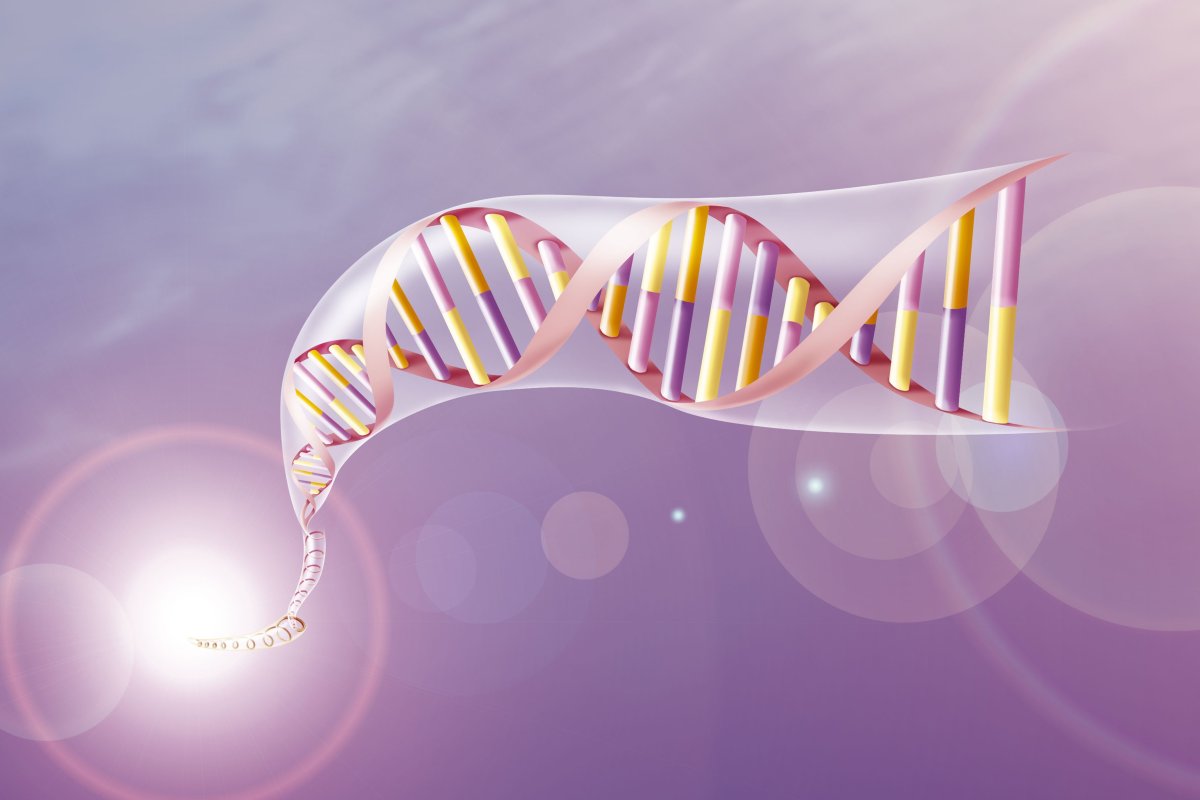Since identical twins have exactly—or almost exactly—the same DNA, one would think that a pair would get back exactly the same results from ancestry testing companies like 23andMe and AncestryDNA. Not exactly.
In fact, CBC Marketplace reporter Charlsie Agro and her identical twin Carly received widely varying results from five different DNA testing companies in a recent experiment they conducted. And the results didn’t just differ in terms of ethnicities for both, every firm also reported that each of the twins had distinctly individual ethnic ancestors. In short, the Agros wouldn’t even be considered identical twins, based on what the DNA testing companies told them.
“The fact that they present different results for you and your sister, I find very mystifying,” Dr. Mark Gerstein, a computational biologist at Yale University, told the CBC. Gerstein confirmed in his own lab that the raw DNA data provided by the women to each of the five firms was 99.6% identical. And yet the outputs were not—not even close, in fact. The many discrepancies, Gerstein surmised, can be attributed to each company’s algorithms for analyzing the ancestry data. All of which suggests retail genetic testing still has a significant way to go in terms of reliability.
Thanks for reading InsideHook. Sign up for our daily newsletter and be in the know.



















